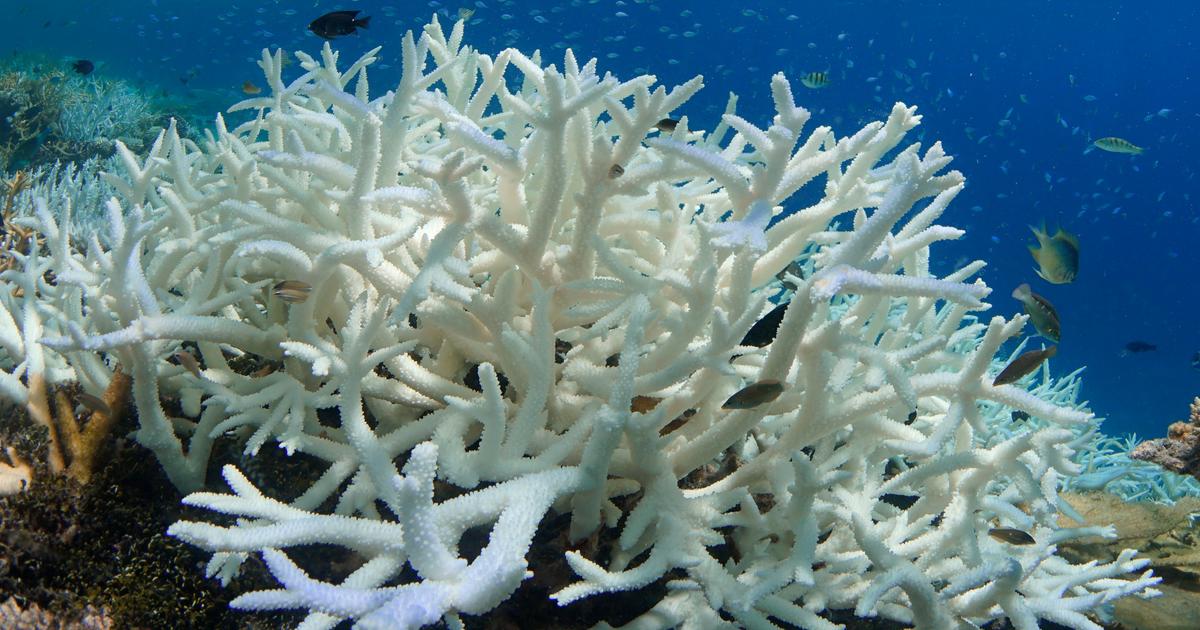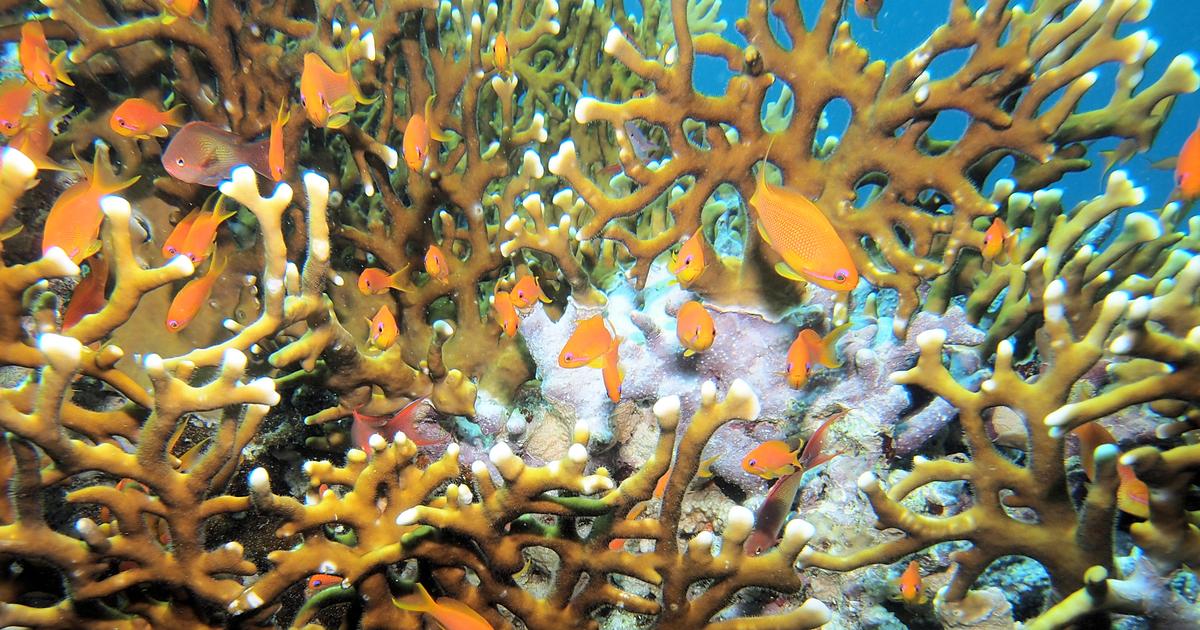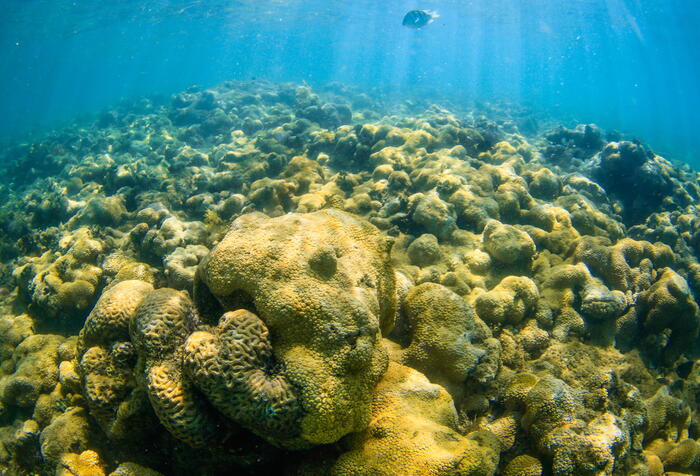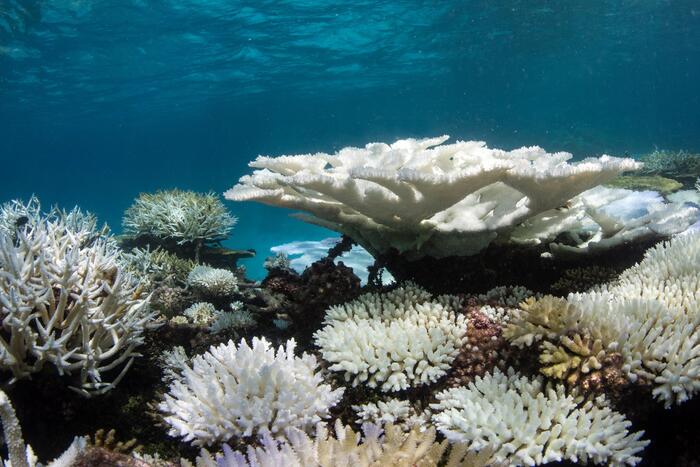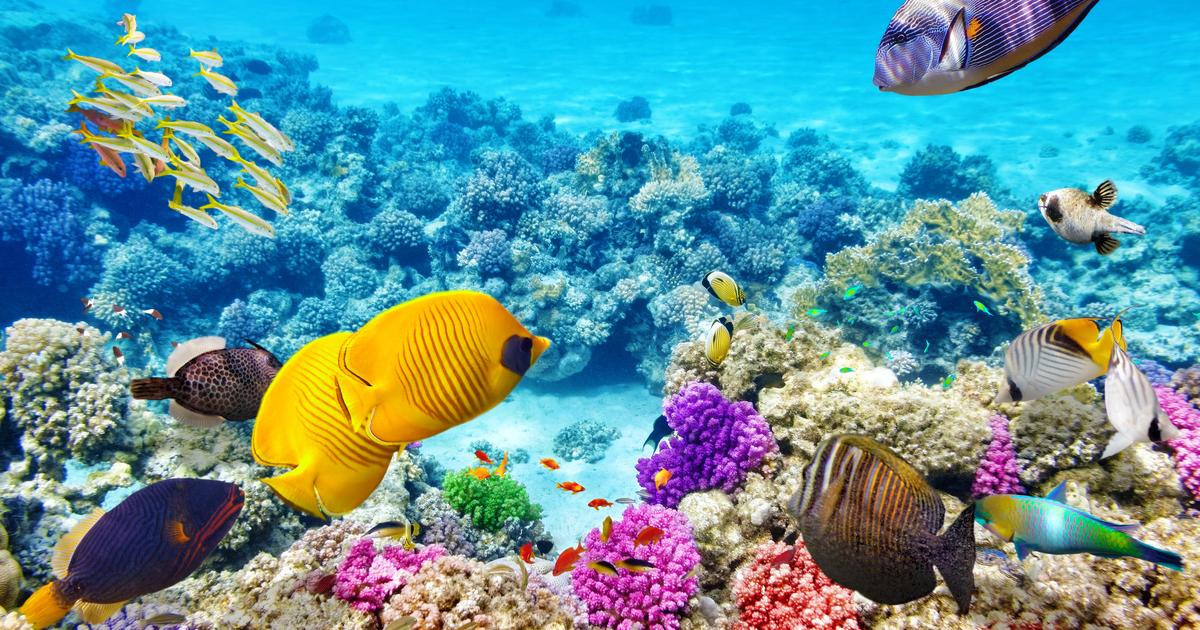The treasure of biodiversity guarded by coral reefs has been revealed by the vast map of microorganisms that inhabit them, so many that they come close in diversity to those collected so far around the globe. This was discovered by the largest survey ever done in this field, which allowed the publication, in several journals, of eight studies led by the French Universities of the Sorbonne and the Côte d'Azur, the French Center for Genetic Sequencing and the American Rice University. The map will help protect these unique ecosystems, particularly threatened by the climate crisis, as their microscopic inhabitants are essential to keep them healthy.
In the first study published in Nature Communications, researchers led by Pierre Galand of the Sorbonne collected 5,392 samples from three different coral species. The collection was done in 99 different coral reefs of 32 island systems in the Pacific between 2016 and 2018, as part of the expedition of the schooner Tara. The samples revealed 2.87 billion different genetic sequences, about 25 percent more than the 2.2 billion sequences reported by the Earth Microbiome Project, the global microbiome diversity mapping project.
The second of the two main studies, led by Alice Rouan of the University of the Côte d'Azur and published in the same journal, instead analyzed the relationship between changes in water temperature and the length of the ends of chromosomes, the so-called telomeres, which constitutes a marker of health status and aging. While the first of the two corals studied was more affected by seasonal variations in temperatures, the other showed high levels of stress only in the case of heat waves or particularly cold periods. This information is valuable, because it suggests that different corals respond differently to climate change.
The map of microorganisms of coral reefs
2023-06-03T23:45:02.449Z
Highlights: Survey finds 2.87 billion different genetic sequences in 99 different coral reefs of 32 island systems in the Pacific. This is 25 percent more than the 2.2 billion sequences reported by the Earth Microbiome Project, the global microbiome diversity mapping project. The map will help protect these unique ecosystems, particularly threatened by the climate crisis. Their microscopic inhabitants are essential to keep them healthy, say the researchers, who hope the map will be used to protect coral reefs in the future, too.
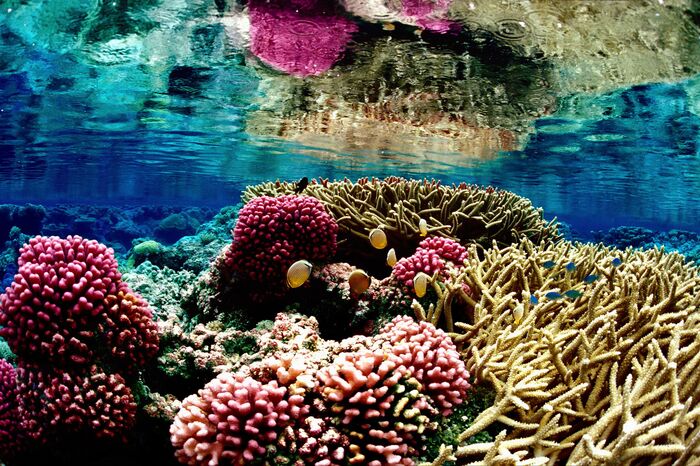
https://www.nature.com/collections/adgaiffggg (ANSA)

